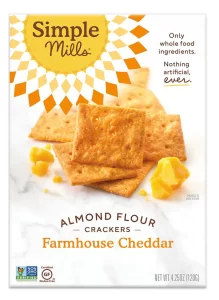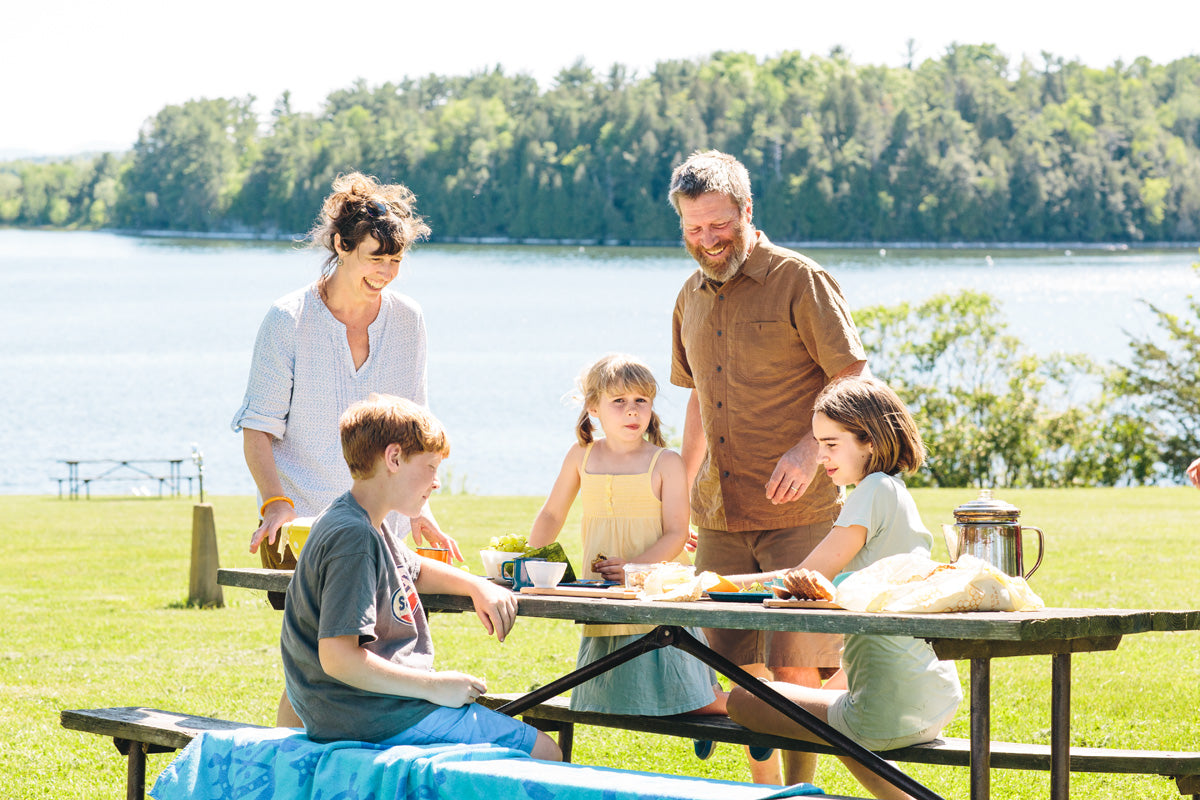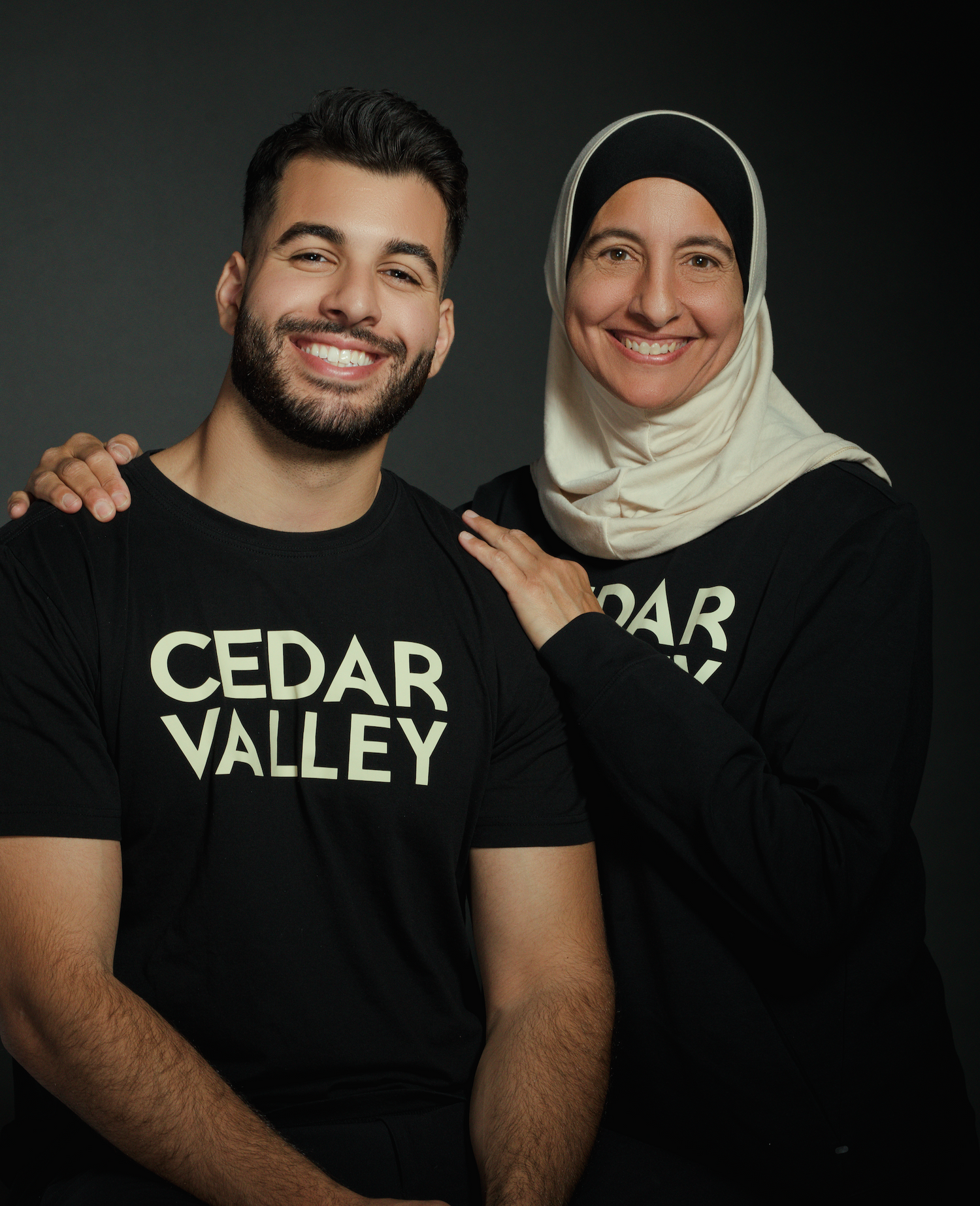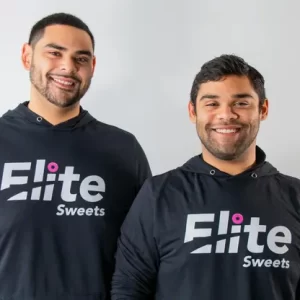If you’re like me, you love snacks. Unfortunately, most snacks leave you feeling sluggish and lousy after you eat them, not to mention that they’re fil led with artificial and inflammatory ingredients. Katlin Smith, founder of Simple Mills, faced this problem early in her career as a traveling management consultant. She relied on prepackaged snacks for her food. She realized she needed to make a switch to a whole-food diet, and this switch made her feel way better and drastically improved her health. This is when she decided to start a snack brand made with only simple and natural ingredients. That is how Simple Mills was born, a snack brand focused on delicious snacks and quality ingredients. Starting in 2013, Simple Mills has grown to an
led with artificial and inflammatory ingredients. Katlin Smith, founder of Simple Mills, faced this problem early in her career as a traveling management consultant. She relied on prepackaged snacks for her food. She realized she needed to make a switch to a whole-food diet, and this switch made her feel way better and drastically improved her health. This is when she decided to start a snack brand made with only simple and natural ingredients. That is how Simple Mills was born, a snack brand focused on delicious snacks and quality ingredients. Starting in 2013, Simple Mills has grown to an  annual revenue of around 100 million with products sold in stores such as Target, Walmart, Aldi, Giant Eagle, and Whole Foods. They offer crackers, cookies, bars, and baking mixes. Their products taste delicious and are similar to well-known snacks like Cheez-Its and Oreos, but are made without artificial colors and preservatives. Simple Mills started from Kaltin’s personal diet change that led to an innovative entrepreneurial opportunity. Simple Mills is one of my favorite snack brands and I recommend trying their crackers in particular.
annual revenue of around 100 million with products sold in stores such as Target, Walmart, Aldi, Giant Eagle, and Whole Foods. They offer crackers, cookies, bars, and baking mixes. Their products taste delicious and are similar to well-known snacks like Cheez-Its and Oreos, but are made without artificial colors and preservatives. Simple Mills started from Kaltin’s personal diet change that led to an innovative entrepreneurial opportunity. Simple Mills is one of my favorite snack brands and I recommend trying their crackers in particular.
Link to Simple Mills Website.

 Sarah Kaeck is the founder and CEO of Bee’s Wrap. For many years before starting her successful food storage product, people noticed her entrepreneurship spirit. She always had new ideas and was open to different thoughts and tips. She was smart and hardworking. Her company, Bee’s Wraps was founded in 2012 where she started her little shop right from her garage. Bee’s Wrap is made with machines that infuse a beautifully designed organic cotton cloth from Indonesia with beeswax, tree resin and jojoba oil to make it safe and very flexible for users. Her motivation for creating this product was reducing the plastic packaging used in the kitchen with materials from nature. The wraps are ingenious.
Sarah Kaeck is the founder and CEO of Bee’s Wrap. For many years before starting her successful food storage product, people noticed her entrepreneurship spirit. She always had new ideas and was open to different thoughts and tips. She was smart and hardworking. Her company, Bee’s Wraps was founded in 2012 where she started her little shop right from her garage. Bee’s Wrap is made with machines that infuse a beautifully designed organic cotton cloth from Indonesia with beeswax, tree resin and jojoba oil to make it safe and very flexible for users. Her motivation for creating this product was reducing the plastic packaging used in the kitchen with materials from nature. The wraps are ingenious.



![Gabi Lewis (left) and Greg Sewitz, cofounders of Exo, the cricket-protein-bar company they sold last... [+] year, are launching Magic Spoon, which offers monthly subscriptions for high protein, low carb cereal that riffs on childhood classics.](https://imageio.forbes.com/blogs-images/robindschatz/files/2019/04/Magic-Spoon-Gabi-Lewis-Greg-Sewitz-1200x922.jpg?format=jpg&width=1440)


